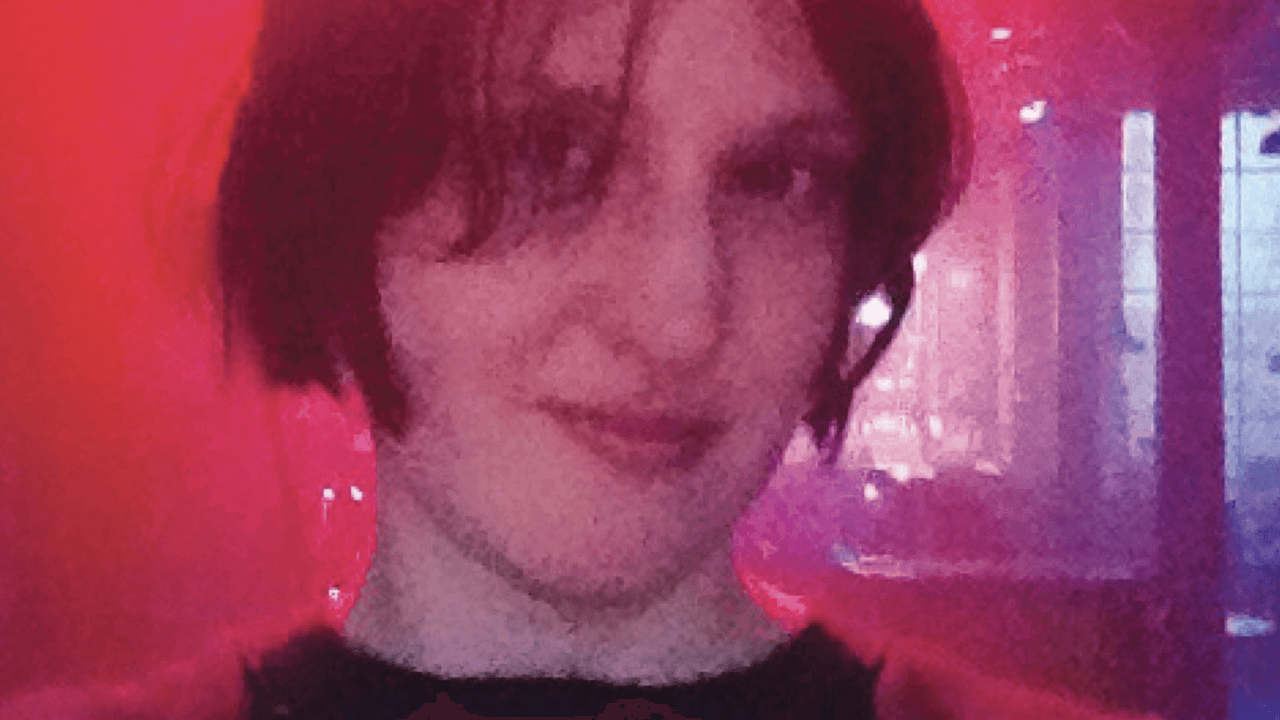In Joanne Robertson’s oil paintings, thick knots of red and brown often appear in the lower left-hand corner. They push back against the sloshes of pale color as a visual analogue for how her music works. Those reds and browns are like the rhythmic unrest at the heart of her serene songs, where melodies twist and buckle and collapse. And like her frequent collaborator Dean Blunt, Robertson’s visual practice bleeds into her music, shaping its tension and motion. She wanders with supple precision across both canvas and song in an improvisatory state, but it’s in music that she comes closest to the divine.
Blurrr, Robertson’s sixth solo album and her undisputed masterpiece, is at points so beautiful—53 seconds into “Always Were,” to be exact, or four minutes, 31 seconds into “Peaceful”—that it feels difficult to breathe alongside it. Here, Robertson sounds as though she has reached a stratosphere where the soul can stretch its legs and roam more freely. It is scarcely conceivable that Robertson recorded the album within the confines of a room, constructed from earthly material, somewhere inside a city. For its nearly 45-minute duration, there is only this.
The sound of Blurrr might best be likened to the Cocteau Twins calling from inside the house: a lo-fi rendering of the band’s beautiful slurry. Like Elizabeth Fraser, Robertson makes a voice feel much larger than the words it carries, though she isn’t singing with an alien tongue so much as blurring words into tonal brushstrokes. If Fraser’s gift was a kind of ecstatic, non-linguistic invention, Robertson’s errs closer to meaning. Her lyrics hover just beyond grasp, vaguely intelligible but never fully yielded. Grouper is another obvious point of comparison: both artists summon an immense solitude, with melodies and lyrics that seem dredged from half-buried incidents and associations, as if carried across remote distances and centuries before reaching us. Robertson, though, gathers those fragments into her voice, which doesn’t just bear them forward but distills them; purified in the very act of singing.
On tracks like “Gown,” where she fully opens her melodic range, her voice is all yearning and suffering. Even in moments when her phrasing feels more provisional and hesitant, as on “Ghost,” it sounds as if she is attempting to stake a claim on the infinite. Her voice and guitar zigzag around one another, rarely colliding into melodic symmetry. Her voice the blur, her guitar the furious red and brown tangles; never just a scaffold but a tactile object that thuds with wood and wire, each string caught mid-rattle, harmonics clanging.
